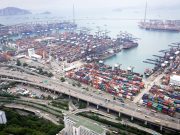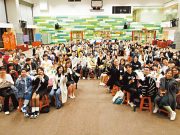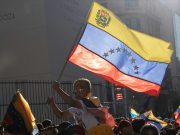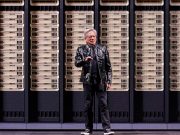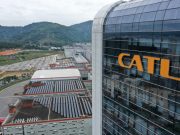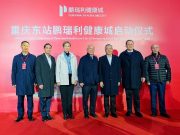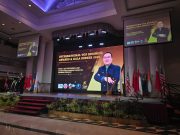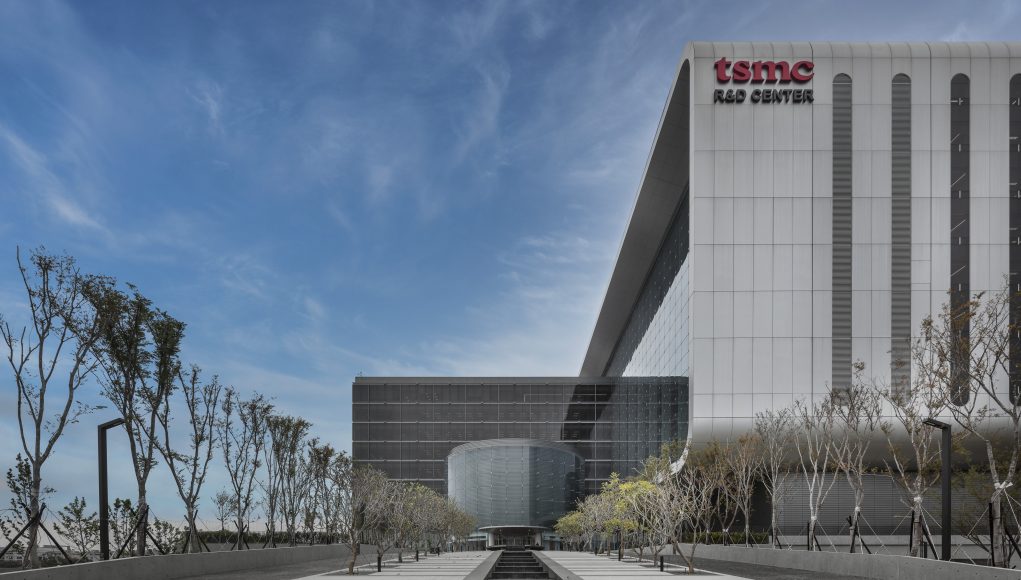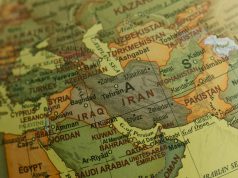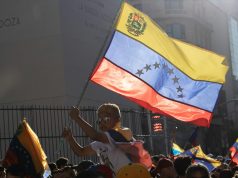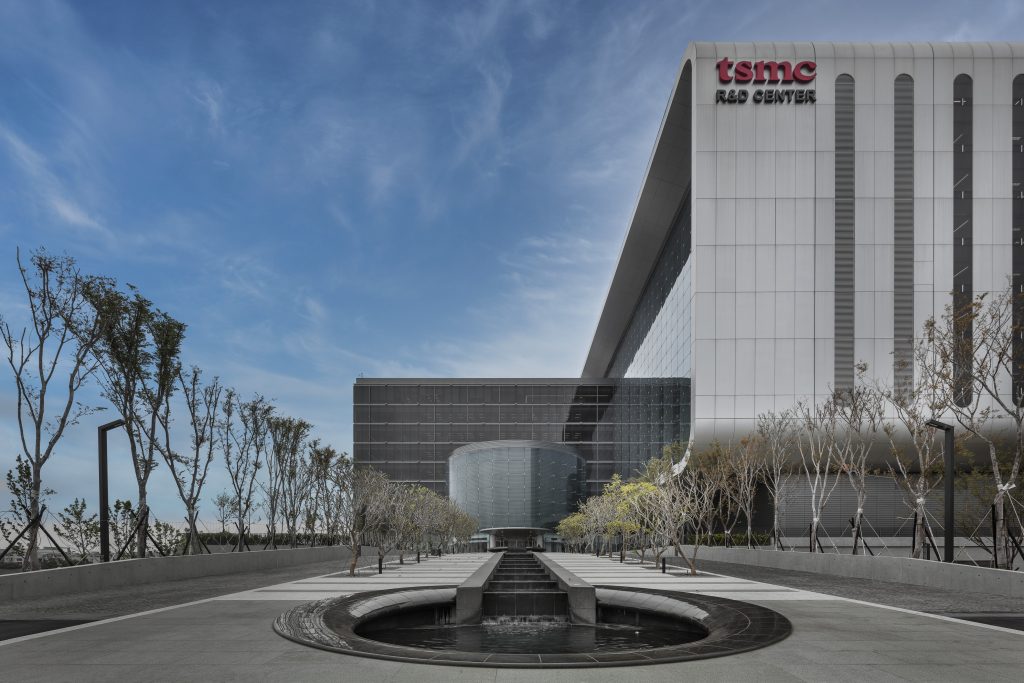
(Photo: Taiwan Semiconductor Manufacturing Co., Ltd)
(Singapore, 03.09.2025)In a significant move shaking the global semiconductor industry, the United States has rescinded the blanket authorization for Taiwan Semiconductor Manufacturing Co. (TSMC), the world’s largest contract chipmaker, to ship essential equipment to its main manufacturing base in Nanjing, China.
This decision, which mirrors similar actions taken against South Korean tech giants Samsung and SK Hynix, could potentially disrupt production at the facility and signals a tightening of U.S. export controls on chip technology.
The revocation of TSMC’s “Validated End User” (VEU) status for its Nanjing site, which takes effect on December 31, 2025, means that suppliers will no longer be able to send equipment and other materials to the plant under a general waiver.
Instead, each shipment of semiconductor equipment and related gear now requires an individual license from the U.S. government. While TSMC has committed to ensuring the Nanjing plant’s “uninterrupted operation,” the change introduces considerable uncertainty and logistical hurdles.
A Ripple Effect Across the Supply Chain
The U.S. government’s decision is part of a broader strategy to close “export control loopholes” that officials believe could give Chinese entities a competitive advantage. The move affects some of the most critical companies in the semiconductor supply chain, including major equipment suppliers like Applied Materials Inc., ASML Holding NV, Tokyo Electron Ltd., and KLA Corp.
Shares of these companies, along with TSMC’s U.S.-listed American depositary receipts, saw declines following the news. This market reaction underscores the financial and operational risks associated with Washington’s policy shifts. Suppliers now face new bureaucratic hurdles, and the prospect of navigating a significant backlog of existing license requests could lead to delays and disruptions.
While U.S. officials have indicated they intend to issue the necessary licenses to keep these facilities running, the sheer volume of new applications—potentially thousands annually—raises concerns about processing times.
Taiwan Downplays Impact on Chip Industry
While the policy change affects a key player in the global technology landscape, TSMC’s exposure is relatively limited compared to its South Korean competitors. The company’s Nanjing plant, which began production in 2018, primarily focuses on older-generation 16-nanometer process technology, which has been commercially available for over a decade. The facility accounts for only about 3% of TSMC’s total production capacity and contributed a small fraction of its revenue last year.
Taiwan’s Ministry of Economic Affairs acknowledged that the revocation would impact the “predictability” of the Nanjing plant’s operations but emphasized that it would not affect the overall competitiveness of Taiwan’s chip industry.
This statement highlights the strategic distinction between TSMC’s advanced manufacturing in Taiwan and its more modest operations in mainland China. Unlike Samsung and SK Hynix, which have a substantial share of their production capacity in China, TSMC’s footprint in the country is relatively small.
The Bigger Picture: Washington’s Influence
The U.S. government has been steadily tightening its export controls to curb China’s access to American materials and equipment that could be used to advance its artificial intelligence and military capabilities. The measures are not limited to Chinese companies but apply to any facility physically located within the country, including those operated by foreign companies like TSMC, Samsung, and SK Hynix.
Under the Biden administration, these companies had previously secured an indefinite waiver to continue shipments to their China facilities, provided they complied with security requirements and disclosed certain information. The decision to now revoke these waivers underscores Washington’s commitment to its long-term strategy of controlling the semiconductor supply chain.
This policy shift demonstrates the extent of Washington’s influence over the production of electronic components, from the simplest devices to the most complex chips for AI.
The VEU waiver was a top priority for these chipmakers and foreign government officials, as semiconductor plants require a constant, uninterrupted flow of supplies, from advanced machinery to spare parts and chemicals.
With the waivers set to expire at the end of the year, all eyes are on how TSMC and its suppliers will navigate this new regulatory landscape and whether the U.S. government can streamline the licensing process to prevent significant operational disruptions.
This evolving situation serves as a stark reminder of the geopolitical complexities that underpin the global technology industry and the increasing challenges that companies face in balancing commercial interests with national security concerns. The outcome of this policy change will have long-lasting implications for the semiconductor industry and the broader global economy.


